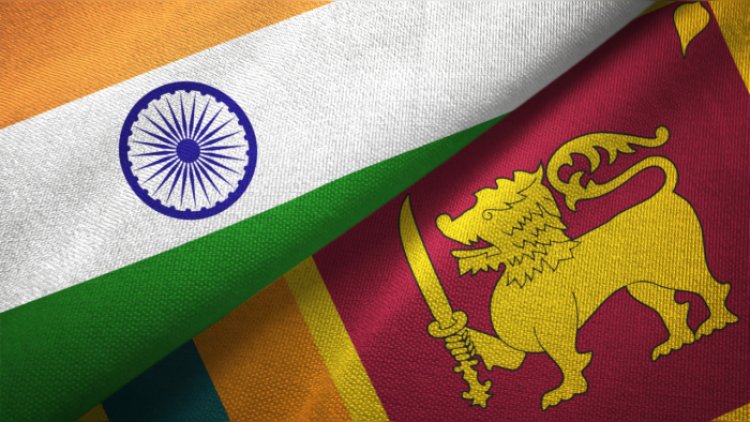India - Sri Lanka: Opportunities and Challenges for India
STORIES, ANALYSES, EXPERT VIEWS

India has done much to assist Sri Lanka as it struggles to overcome a grave and unprecedented economic crisis. India has extended assistance worth $2.4 billion since January. Two elements of this package are credit lines, one for fuel worth $500 m, and the other for food and other essential items worth $1 bn. At Colombo’s request, India is reported to be considering a $2 bn package that may include extension of the fuel credit line and a deferral of payments to the Reserve Bank of India.
India is trying to reassert its traditional influence in South Asia whilst being wary of Chinese attempts to control all strategic ports in Sri Lanka. On the other hand, China seems to be content with the fact that Sri Lanka has successfully fallen into the strategic, diplomatic trap laid by it.
To term the conundrum that Sri Lanka is facing as a mere debt trap, writes the Statesman “would be incorrect. This is because the trap is allowing China strategic depth. The Chinese projects have a long-term strategic design that creates a hybrid model of civil-military activity in the country. This will turn into a major concern for Sri Lanka and the entire region.”
Possible ramifications for India
Currently, the economic crisis faced by Sri Lanka has a multitude of ramifications from India’s perspective. This is because of the geographical proximity of the two countries. It makes India vulnerable to the various issues that citizens of Sri Lanka will face.
An extreme scenario: In an extreme scenario, food shortages can lead to widespread discontentment and give rise to the possibility of anarchy and possibly a collapse of the constitutional machinery which Sri Lanka managed to establish after the horrific civil war. The breakdown in the constitutional machinery and rule of law will in turn give space for the creation of anti-social hubs in the state. This would have huge security repercussions for India, argues the Statesman.
It is also possible that the economic crisis could result in a “mass exodus of people, prompted by the unavailability of medical facilities, necessities, and food supplies.” Over time, “refugee camps will place a heavy burden, fiscally and otherwise,” for Tamil Nadu. “These camps could also pose serious threats to India’s security especially if sleeper cells of LTTE get embedded in India posing as refugees.”
The positive side
On the positive side, India’s assistance to Sri Lanka could reduce Chinese influence and help it address “security concerns in the Indian Ocean region. Further, Sri Lanka is geographically the halfway point between the two main choke points of the Suez Canal and the Strait of Malacca, one of the major trade routes still in use. It is one of the main routes through which cargo traverses the narrow sea lanes of the Indian Ocean.”
Analysts have noted that in the last two years, Sri Lanka has strategically started strengthening its economic relations with India and has sought to strengthen these ties. India has seen this as a window to expand its economic presence in Sri Lanka because of its increased dependence on China.
Evidently, Sri Lanka has been attempting a balancing act whereby it seeks to reap benefits from the geopolitical interests of China and India. However, many feel it is a dangerous game that Sri Lanka is playing, trying to pit these states against each other especially when it does not have adequate bargaining power and is facing a severe economic crisis.
Lessons for India
At another level, there are lessons for India from the Sri Lankan crisis. Sri Lanka’s woes, writes Pulapre Balakrishnan (teaches at Ashoka University, Sonipat) “are economic on the surface but stem from social strife that have been exacerbated by majoritarian identity politics fanned by the State. Identity politics between social groups is a recipe for economic disaster. It would not be off the mark to suggest that the Modi government’s inability to even restore, let alone raise, the investment rate in India is partly related to the socio-political tension that has come in its wake. The strife between the Centre and the States and antagonism between religious communities are sure ways to deter investment even if there is some improvement in the ease of doing business……’
Therefore, “if the first lesson from Lanka is about how politics can affect the economy, the second is about how flawed economic policy can affect an economy’s prospects…..”
















